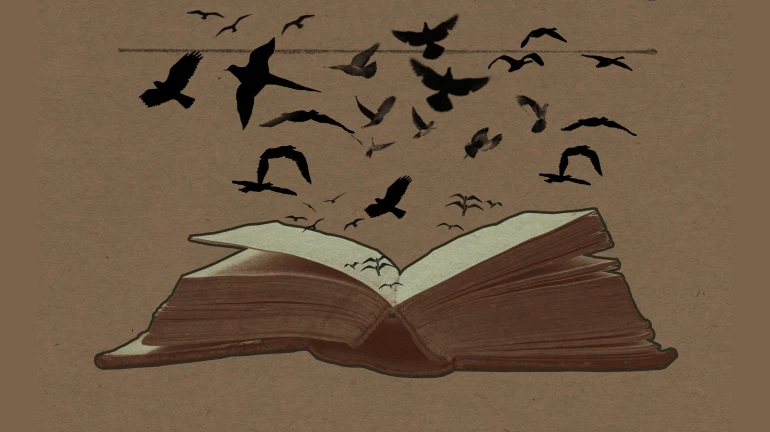
The nation celebrates September 14 as Hindi Diwas, marking the significance of the day when India's Constituent Assembly adopted Hindi as the official language of India. Hindi, which is written in the Devanagri script, is one of the 22 scheduled languages of the country. However, Hindi is one of the two official languages of the Union Government, the other being English.
While there is a misconception that it is the country's national language, Hindi is nonetheless more significant for India given its immense contribution to Indian literature. It is said that the person dies but his/her words live on. So, on the occasion of Hindi Diwas, here are four poets whose works still hold the same if not more relevance in today's time.
Ramdhari Singh 'Dinkar' is an ideal poet if people intend to grasp the concept of 'nationalism'. Dinkar was an Indian Hindi poet, essayist, patriot and academic, who is considered as one of the most important modern Hindi poets.
His poetry severely consists of 'veer rasa', and he has been hailed as a Rashtrakavi ("national poet") on account of his inspiring patriotic compositions.
One of his greatest works is Singhasan Khaali Karo Ke Janata Aaati Hai, a classic masterpiece that speaks about the power of people. Such was its significance that during The Emergency, Jayaprakash Narayan had attracted a gathering of around one lakh people at the Ramlila grounds and recited the famous composition.
Mahadevi Verma was not just a Hindi poet but was also a freedom fighter and educationist. Verma is widely regarded as the "modern Meera" for her beautiful romantic compositions. She was one of the major poets of the 'Chhayavaad', a literary movement of romanticism in modern Hindi poetry ranging from 1914–1938.
She was renowned for her simple lifestyle and was always known to be wearing a 'khadi' saree. Her literary work 'Nihar' is said to be one of the initial works during the Chhayavaad movement.
Sumitranandan Pant was the first-ever Indian poet to receive the Jnanpith Award, the highest accolade for literature in the country. One of the pillars of the Chaayvaad movement, Pant was known for romanticism in his poems which were inspired by nature, people and beauty within. Jnanpith was awarded to him for a collection of his most famous poems titled 'Chidambara'.
But Pant was not just a romantic poet as he wrote numerous progressive pieces of literature on rural India. Simultaneously, he grew enamoured with the works and thinking of Karl Marx and Mahatma Gandhi, dedicating several verses to them in the poetry he produced during this time.
Dushyant Kumar was regarded as one of the most brilliant and progressive poets of his era. Kumar was known for his satirical writing style and was known for his fearless attitude. He never held back while criticising the government and his art focussed on displaying the common man's problems.
Some of his lines from his ghazals were used by people to inicite anger against faulty governance. His poem 'Peer Parvat Si Ho Gayi Hai' had become quite prevalent amongst the youngsters as it strongly promoted protest against false assurances by men in power who told they'd bring change.





